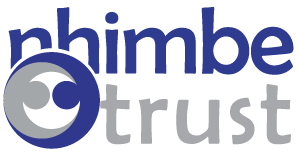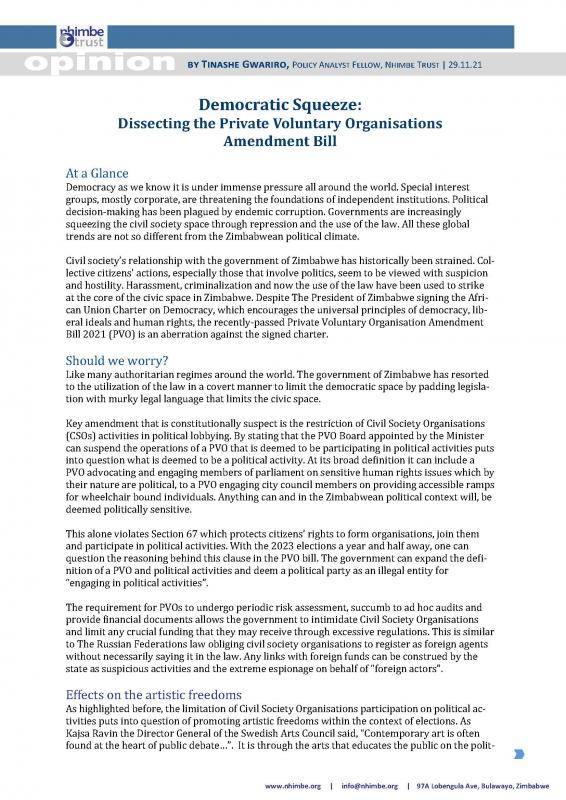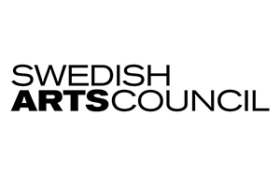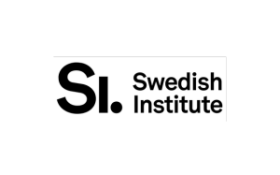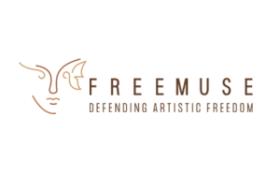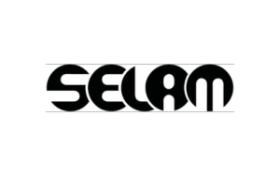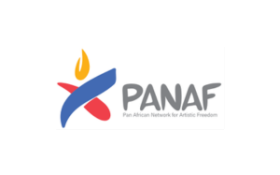At a Glance
Democracy as we know it is under immense pressure all around the world. Special interest groups, mostly corporate, are threatening the foundations of independent institutions. Political decision-making has been plagued by endemic corruption. Governments are increasingly squeezing the civil society space through repression and the use of the law. All these global trends are not so different from the Zimbabwean political climate.
Civil society’s relationship with the government of Zimbabwe has historically been strained. Collective citizens’ actions, especially those that involve politics, seem to be viewed with suspicion and hostility. Harassment, criminalization and now the use of the law have been used to strike at the core of the civic space in Zimbabwe. Despite The President of Zimbabwe signing the African Union Charter on Democracy, which encourages the universal principles of democracy, liberal ideals and human rights, the recently-passed Private Voluntary Organisation Amendment Bill 2021 (PVO) is an aberration against the signed charter.
Should we worry?
Like many authoritarian regimes around the world. The government of Zimbabwe has resorted to the utilization of the law in a covert manner to limit the democratic space by padding legislation with murky legal language that limits the civic space.
Key amendment that is constitutionally suspect is the restriction of Civil Society Organisations (CSOs) activities in political lobbying. By stating that the PVO Board appointed by the Minister can suspend the operations of a PVO that is deemed to be participating in political activities puts into question what is deemed to be a political activity. At its broad definition, it can include a PVO advocating and engaging members of parliament on sensitive human rights issues which by their nature are political, to a PVO engaging city council members on providing accessible ramps for wheelchair-bound individuals. Anything can and in the Zimbabwean political context will, be deemed politically sensitive.
This alone violates Section 67 which protects citizens’ rights to form organisations, join them and participate in political activities. With the 2023 elections a year and half away, one can question the reasoning behind this clause in the PVO bill. The government can expand the definition of a PVO and political activities and deem a political party as an illegal entity for “engaging in political activities”.
The requirement for PVOs to undergo periodic risk assessment, succumb to ad hoc audits and provide financial documents allows the government to intimidate Civil Society Organisations and limit any crucial funding that they may receive through excessive regulations. This is similar to The Russian Federations law obliging civil society organisations to register as foreign agents without necessarily saying it in the law. Any links with foreign funds can be construed by the state as suspicious activities and the extreme espionage on behalf of “foreign actors”.
Effects on the artistic freedoms
As highlighted before, the limitation of Civil Society Organisations participation on political activities puts into question of promoting artistic freedoms within the context of elections. As Kajsa Ravin the Director General of the Swedish Arts Council said, “Contemporary art is often found at the heart of public debate…”. It is through the arts that educates the public on the political issues of the day, creates a platform for public discourse through artistic expression. The broad definition of political participation will make it difficult for organisations to straddle the fine line between promoting the rights and freedoms of artists while also abiding by the law. Essentially this law has stifled the free expressions protected by the Zimbabwean Constitution without explicitly stating it in black and white.
The PVO bill grants the Registrar to require institutions that obtain foreign funds to halt this, pending a registration as a PVO which makes it difficult because that organisation can be deemed high risk and be denied registration. This regulatory complexity makes it difficult for current Trusts to operate. They will require new registration and be deemed not high risk by the Ministry. This limits the constitutional right of association by forcing existing Trusts to change operations that goes against their interests as an organisation. It will also limit Trusts ability to raise funding from the public and outside the country without raising suspicions and being deemed as “high risk”. Given the start of the election campaigning for 2023, this law seeks to close such organisations that promote rights and freedoms without explicitly stating it.
It is imperative that creative civil society organisations, especially those registered as Trusts and receive foreign funding, to begin to apply pressure in a coordinated effort to amplify the broader civil society actions against the Bill. Nhimbe Trust already has established a Legislative Tracker which is a product of Nhimbe Trust's research on leverage rights to artistic freedom in Zimbabwe. It outlines legislation that has a bearing on the promotion and protection of cultural rights in Zimbabwe. It tracks the progress or lack thereof by the Government of Zimbabwe in aligning this legislation to the 2013 Constitution (Amendment No. 20). An Inter-Ministerial Taskforce (IMT) was set up by the Government of Zimbabwe in 2015 to align the country's legislation. In addition to this Tracker, Nhimbe Trust is part of the CSO Constitutional Consortium that conducts legislative analysis and makes recommendations on legislative amendments to the IMT.
One can question if this PVO bill was intended to regulate PVOs or provide the state with a legal weapon to further limit democratic norms with the 2023 elections now just over the horizon. From the looks of it the latter is more likely. Post 2008 government of Zimbabwe resorted to Rule by Law instead of Rule of Law. Utilizing and manipulating the law and legal procedures to reduce democratic and civic spaces. It’s cleaner and less chaotic than overt violent oppression. It will not be surprising that in the coming year more laws similar to this will arise. In one year, we have seen the constitution amended now a bill limiting civil spaces has arrived. Zimbabwe is edging closer to erasing the little gains it has made since the implementation of the 2013 Constitution. That should worry us all!
